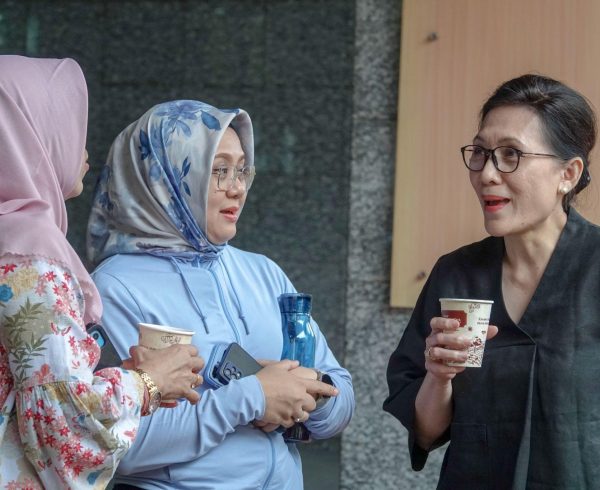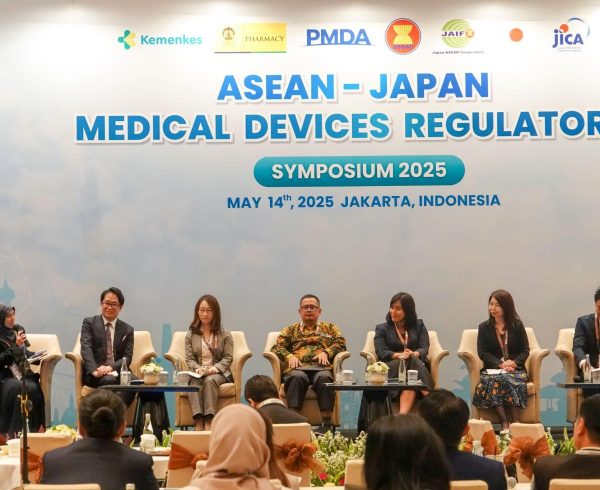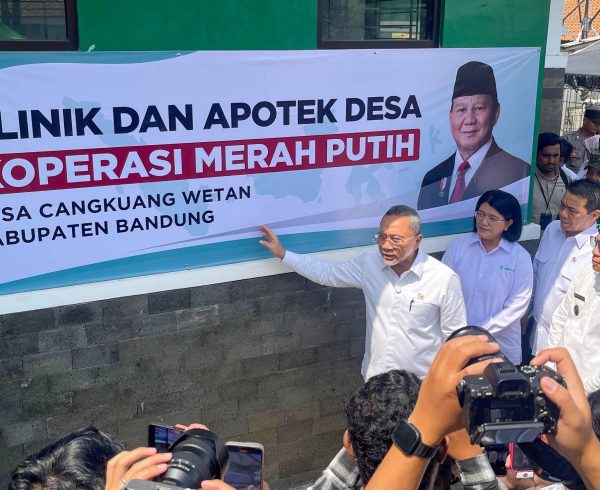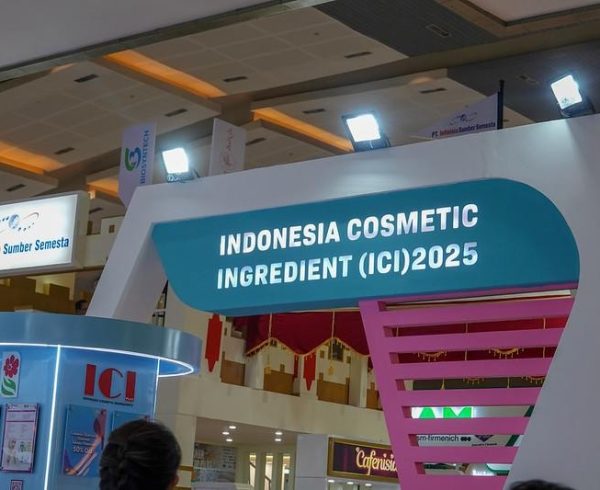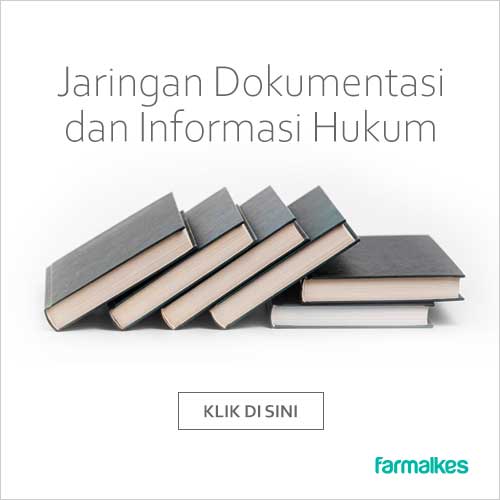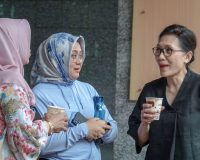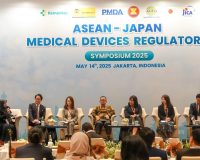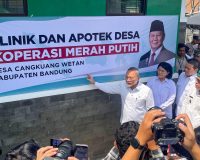Direktur Ketahanan Kefarmasian dan Alat Kesehatan Roy Himawan membuka secara resmi Focus Group Discussion (FGD) percepatan hilirisasi hasil pengembangan riset alat kesehatan kebutuhan program kesehatan nasional di Jakarta pada Rabu, 6 Maret 2024.
Pertemuan ini bertujuan sebagai media informasi ketersediaan industri hulu bahan baku alat kesehatan nasional yang dapat memenuhi standar sesuai persyaratan kualitas medis di Indonesia, guna memenuhi beragamnya kebutuhan industri alat kesehatan nasional.
Mengundang narasumber dari Kementerian Perindustrian, Kementerian Koordinator Bidang Kemaritiman dan Investasi, BRIN, Praktisi Alat Kesehatan, PT Krakatau Steel. Tbk, PT Chandra Asri Pasific. Tbk, Asosiasi Industri Olefin, Aromatik dan Plastik Indonesia (INAPLAS), turut hadir Staf Khusus Menteri Kesehatan Bidang Ketahanan Industri Obat Dan Alat Kesehatan, Prof. dr. Laksono Trisnantoro, M.Sc., Ph.D, perwakilan dari Akademisi, Perguruan Tinggi dan Asosiasi Industri.
Saat ini sektor alat kesehatan kita masih diwarnai dan didominasi oleh produk impor, terutama bahan baku, dan teknologi hasil riset. Industri bahan baku dan komponen penunjang belum bisa berkembang di Indonesia dan masih membutuhkan banyak dukungan-dukungan regulasi atau kebijakan dan jaminan pasar demikian disampaikan Himawan saat membuka Focus Group Discussion.
Kementerian Kesehatan perlu membangun ekosistem riset dan pengembangan yang terintegrasi antara akademisi, swasta dan pemerintah dalam upaya untuk meningkatkan akses, kemandirian, dan mutu alkes “Ekosistem tersebut merupakan pendekatan yang ditempuh oleh berbagai negara dalam membangun industri alat kesehatan mereka, yang diyakini mampu mengatasi tantangan dalam hilirisasi riset alat kesehatan” tutur Himawan.
Lebih lanjut Himawan menyampaikan untuk mengakselerasi berjalannya ekosistem tersebut, Kementerian Kesehatan melaksanakan beberapa kebijakan untuk mendorong ketahanan kefarmasian dan alat kesehatan, antara lain fasilitasi transfer teknologi dan uji klinik alat kesehatan, pendampingan Riset dan Uji Klinik Alkes Produksi Dalam Negeri, serta implementasi Tingkat Komponen Dalam Negeri (TKDN), yang dalam hal ini diperlukan juga Pengembangan Industri Bahan Baku Alat Kesehatan.
Kementerian Kesehatan juga memandang penting perhatian lintas Kementerian/Lembaga terhadap ketersediaan bahan baku alat kesehatan seperti plastik, baja, dan lateks, sebagaimana yang telah dicantumkan dalam Rencana Induk Pembangunan Industri Nasional (RIPIN) 2015-2035.
Himawan berharap melalui kegiatan ini dapat mendorong pencapaian dalam berkoordinasi membangun dukungan lintas sektor terkait ketahanan alat kesehatan seperti pemetaan, pengembangan dan peningkatan kapasitas serta kapabilitas industri hulu alat kesehatan dari data industri dan kapasitas bahan baku alat kesehatan.



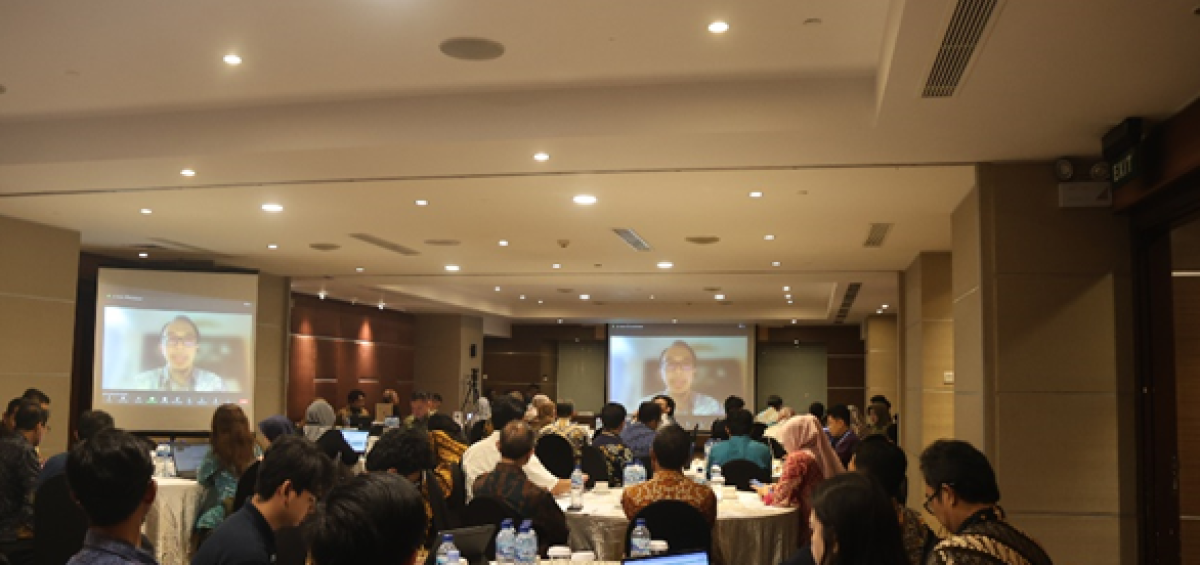 Kegiatan Focus Group Discussion (FGD) percepatan hilirisasi hasil pengembangan riset alat kesehatan kebutuhan program kesehatan nasional di Jakarta pada Rabu, 6 Maret 2024
Kegiatan Focus Group Discussion (FGD) percepatan hilirisasi hasil pengembangan riset alat kesehatan kebutuhan program kesehatan nasional di Jakarta pada Rabu, 6 Maret 2024